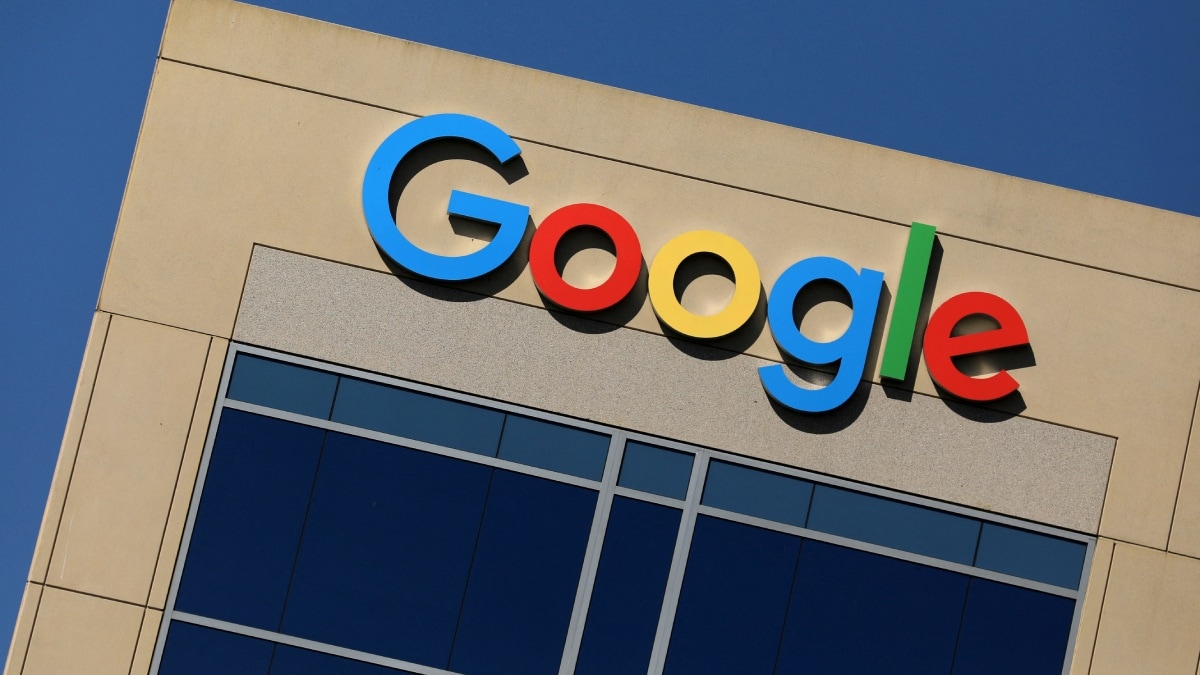Products You May Like
Alphabet shares fell over 4 percent in premarket trading on Monday after a report that South Korea’s Samsung Electronics was considering replacing Google with Microsoft-owned Bing as the default search engine on its devices.
The report, published by the New York Times over the weekend, underscores the growing challenges Google’s $162-billion (roughly Rs. 13,29,477 crore) a-year search engine business face from Bing — a minor player that has risen in prominence recently after the integration of the artificial intelligence tech behind ChatGPT.
Google’s reaction to the threat was “panic” as the company earns an estimated $3 billion (roughly Rs. 24,625 crore) in annual revenue from the Samsung contract, the report said, citing internal messages.
Another $20 billion (roughly Rs. 1,64,172 crore) is tied to a similar Apple contract that will be up for renewal this year, the report added.
Alphabet and Samsung did not immediately respond to Reuters’ requests for comment.
Google has for decades dominated the search market with a share of over 80 percent, but Wall Street fears the company could be falling behind Microsoft in a fast-moving AI race.
Parent firm Alphabet lost $100 billion (roughly Rs. 8,20,860 crore) in value on February 8 after its new chatbot, Bard, shared inaccurate information in a promotional video and a company event failed to dazzle.
On Monday, the stock was trading down at $104.50 (roughly Rs. 8,000), while Microsoft outperformed the broader market with a rise of 1.9 percent.
“Investors worry Google has become a lazy monopolist in search and the developments of the last couple of months have served as a wake-up call,” Atlantic Equities analyst James Cordwell said.
Cordwell added the potential costs tied to making Google Search more competitive than AI-powered Bing could also be a cause of concern.
The NYT report said Google was racing to build an all-new AI-powered search engine that would offer a more personalized experience than its current service, which is also set to be upgraded with AI features.
© Thomson Reuters 2023
